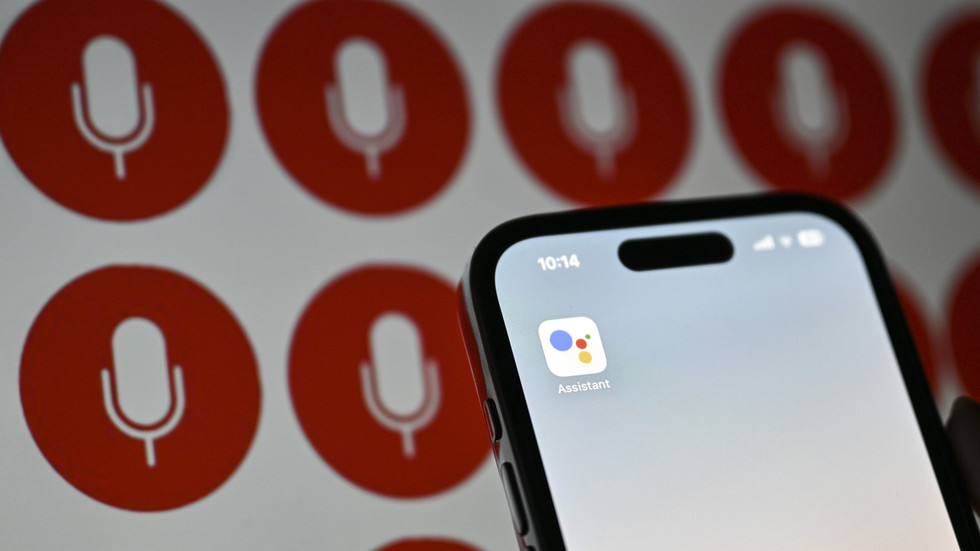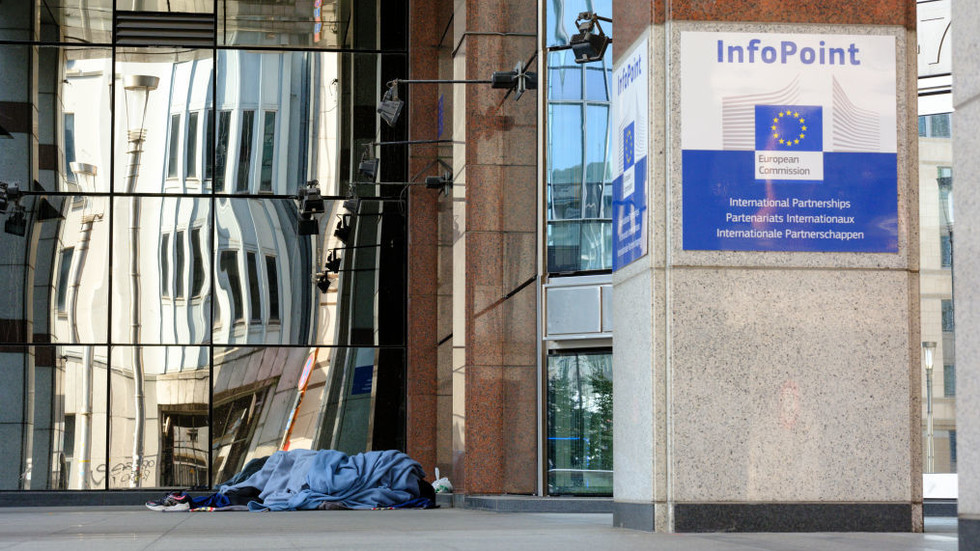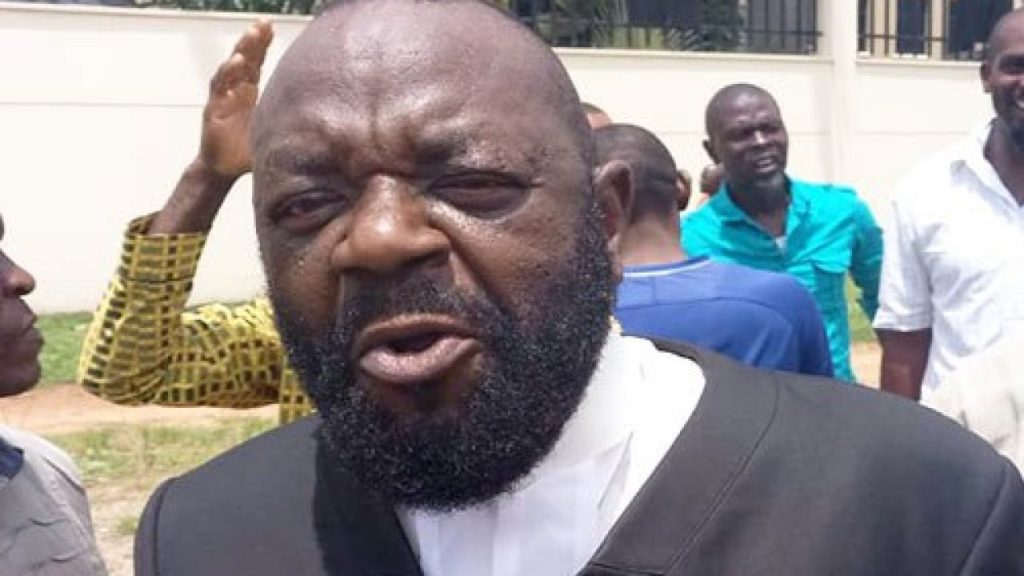A senior member of Nigeria’s opposition Peoples Democratic Party (PDP), Bode George, has sharply criticized former Vice President Atiku Abubakar and Labour Party presidential candidate Peter Obi for reportedly collaborating to form a coalition ahead of the 2027 general elections. Speaking during an interview on Channels Television on Thursday, George dismissed the alliance as a misguided move, likening it to boarding “a ship that is already sinking.” His remarks spotlight escalating tensions within Nigeria’s opposition bloc as political realignments take shape three years before the next polls.
George specifically criticized Atiku, who recently defected from the PDP to the African Democratic Congress (ADC), accusing him and other departing party members of exacerbating internal crises within the opposition. “Those who created the PDP crisis are the ones leaving,” he asserted, referencing a wave of defections amid prolonged leadership disputes. The PDP chieftain expressed confidence in the party’s upcoming National Executive Committee (NEC) meeting, scheduled for the following week, to address organizational challenges and approve committees tasked with planning a national convention. “When we meet, you will see that the Iroko tree has been resurrected,” he said, invoking a metaphor for resilience drawn from a towering West African hardwood species.
Atiku, the PDP’s presidential candidate in the 2023 election, confirmed his exit from the party on Wednesday, citing unresolved internal conflicts. His departure, alongside rumors of a coalition with Obi—who finished third in the 2023 race—has intensified scrutiny of opposition strategies to challenge Nigeria’s ruling All Progressives Congress (APC). Analysts speculate that such an alliance could consolidate anti-APC votes, though George dismissed the effort as futile. “I am shocked that Obi, Atiku, and others are jumping into a sinking ship,” he remarked, suggesting the ADC lacks the structural stability needed for electoral success.
The PDP, once Nigeria’s dominant political force, has faced a decline in influence since losing the presidency in 2015. Recent defections and internal fractures have further weakened its position, prompting efforts to regroup. George emphasized that next week’s NEC meeting would outline a roadmap to revitalize the party, including preparations for its convention—a critical step in selecting new leadership and stabilizing its base.
Political observers note that Nigeria’s opposition parties face mounting pressure to present a united front against the APC, which has governed since 2015. However, George’s comments underscore deepening rifts, with key figures pursuing divergent strategies. The ADC, a smaller opposition party, has gained traction as a refuge for disaffected PDP members, though its capacity to challenge established parties remains untested.
As Nigeria’s political landscape evolves, alliances and defections are expected to dominate discourse ahead of 2027. George’s critique reflects broader debates within opposition circles about whether unity or reorganization offers the best path to reclaiming influence—a question likely to shape the nation’s democratic trajectory in the coming years.



